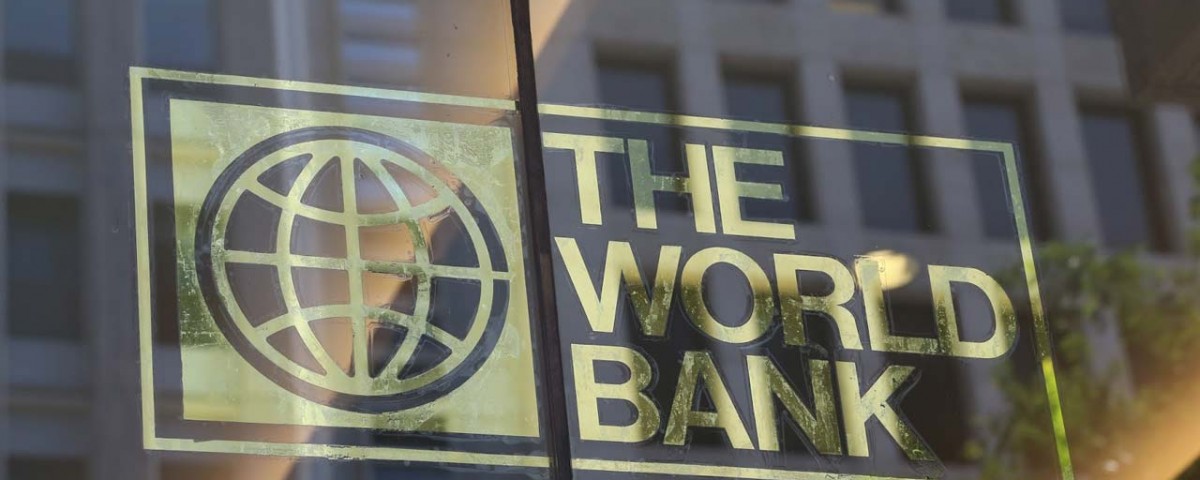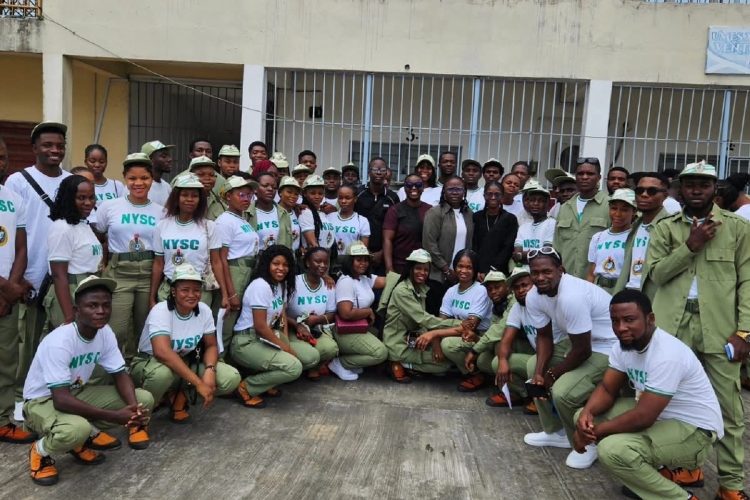The 2018 Global Multidimensional Poverty Index (MPI)
October 31, 2018
Rivers trains 25,000 job seekers to tackle unemployment
November 1, 2018
With low scores and minor improvements in some key indices, the World Bank has ranked Nigeria 146th, down by a spot, as one of the countries with least difficulties in doing business.
Specifically, the nation faltered in bureaucracy-busting economies, especially in the areas of property registration and insolvency resolution while minimal improvements were recorded in construction permits, contract enforcement and payment of taxes, according to the latest World Bank Ease of Doing Business ranking.
With no clear signs of achieving the Sustainable Development Goals (SDGs) by 2030, the World Poverty Clock, created by Vienna-based World Data Lab, indicated the rise in number of people living in extreme poverty in the country.
The figure rose from 86.9 million people in June this year to 88,013, 221.
The number represents 44.4 per cent of the nation’s 198 million population.
In the report entitled, Doing Business 2019: A Year of Record Reforms, Rising, and released yesterday, Nigeria had moved 24 places from its 2016 spot of 169th to 145th in 2017 while in the 2018 edition, it lost the position to Mali.
The global financial institution said it tracked 314 reforms by 128 governments across the world.
ALSO READ: World Poverty Clock: Nigeria becomes poorest country according to data
Opinion: How innovators are responding to the changing nature of work
Nigeria ranks 91/156 on 2018 World Happiness Index
The survey ranked 190 economies taking into account trading regulations, property rights, contract enforcement, investment laws as well as availability of credit and a number of other factors.
According to the document, 107 reforms were carried out in Sub-Saharan Africa, a record for the region.
“Nigeria carried out four reforms which included making Starting a Business easier in Kano and Lagos, the two cities covered by Doing Business,” a regional press release by the bank read.
It went further: “Getting Electricity and Trading Across Borders also saw reforms in the two cities.
In addition, Lagos made Enforcing Contracts easier by issuing new rules of civil procedure for small claims courts, while Kano, in a negative move, made property registration less transparent by no longer publishing online the fee schedule and list of documents necessary to transfer a property.”
The group’s president, Jim Yong Kim, noted:
“Governments have the enormous task of fostering an environment where entrepreneurs and small and medium enterprises can thrive.
“Sound and efficient business regulations are critical for entrepreneurship and a thriving private sector. Without them, we have no chance to end extreme poverty and boost shared prosperity around the world.”
Culled from: The Guardian









